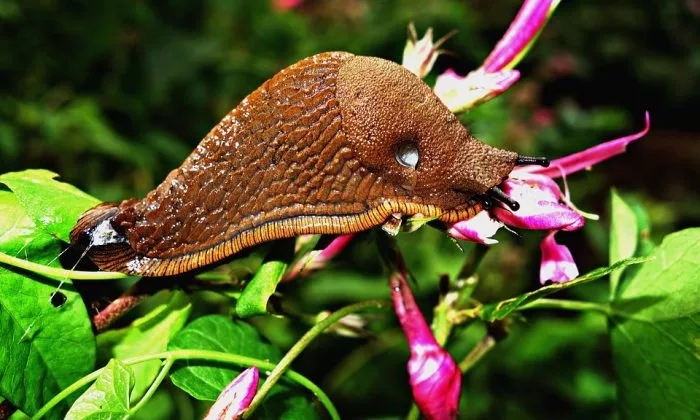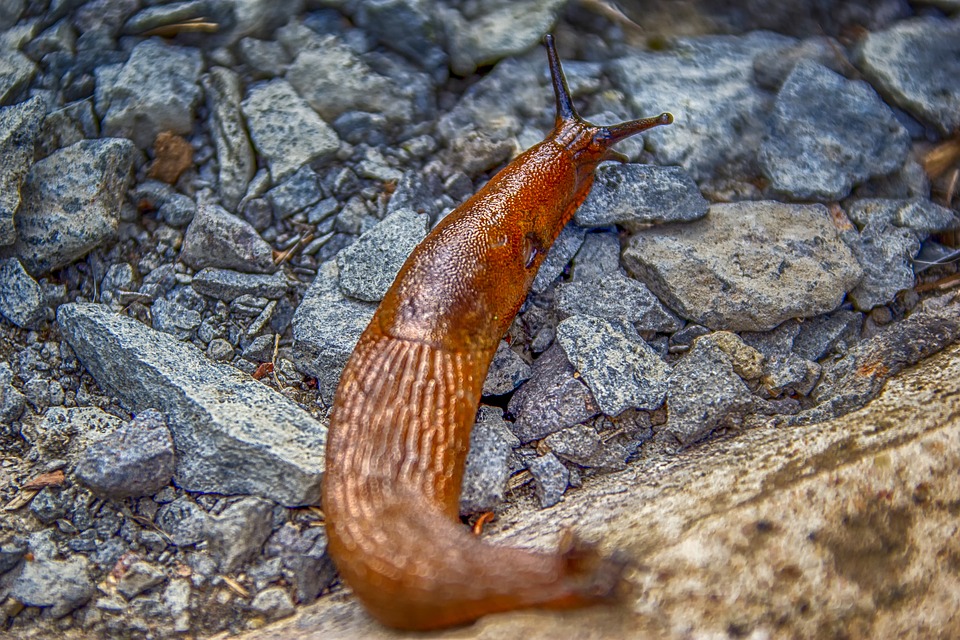How to deal with dreaded snails ecologically and efficiently

Is it not amazing? All it takes is a little rain and the situation in many gardens can get really bad. Specially this year. But before you pull out the big “chemical guns”, check once again our list of effective natural defences against snails. You may come across a method that you have not used before.
Home snail traps
Just bury a glass or other deep container in the ground and pour beer in it. Snails are attracted by beer scent, fall into the glass and its smooth walls make it difficult for them to climb back up. After couple days remove them and take them away to a far away meadow for example.
You can make similar traps from ceramic pots , and fill them with delicious leftovers from your kitchen. For example with lettuce, cabbage, carrots or apple peels. An excellent way is to make the trap from a watermelon half, which still has some flash. After few days simply pick the snails and get rid of them.
If you want to practice hand picking and crawl between flower beds, choose a warm evening after the rain to do so. That is the right time when most of them come out of hiding.

Try effective protective barriers – including spraying the ground
If you have the right mulching material with sharp edges, which are hard to pass for snails, use it and it should do the trick, or you may create a wide barrier around your flower or veggie patch using gravel, coarse sand, broken eggshells, ashes or pine tree needles. However, the barrier must be strong enough and you must repair it after every heavy rain or wind. Well, this may work for someone who has the time to rebuild the barrier often.
You can also try herbal remedies that snails do not like. For example diluted liquid manure or extract from sagebrush, marjoram, lavender, sage or thyme. Sometimes, simple presence of these plants in the area helps a lot.
Snails do not like copper plates
A new but interesting way to protect plants against snails is to use copper strips . Copper probably reacts aggressively with the mucus they release which discourages them from visiting your flowerbed. Unfortunately, one thin strip is not enough. You need to use two to three copper strips, and that may be a costly solution.
Photo: Pixabay

Gardening is my hobby, I have a lot of experience and I am happy to share it.








0 comments